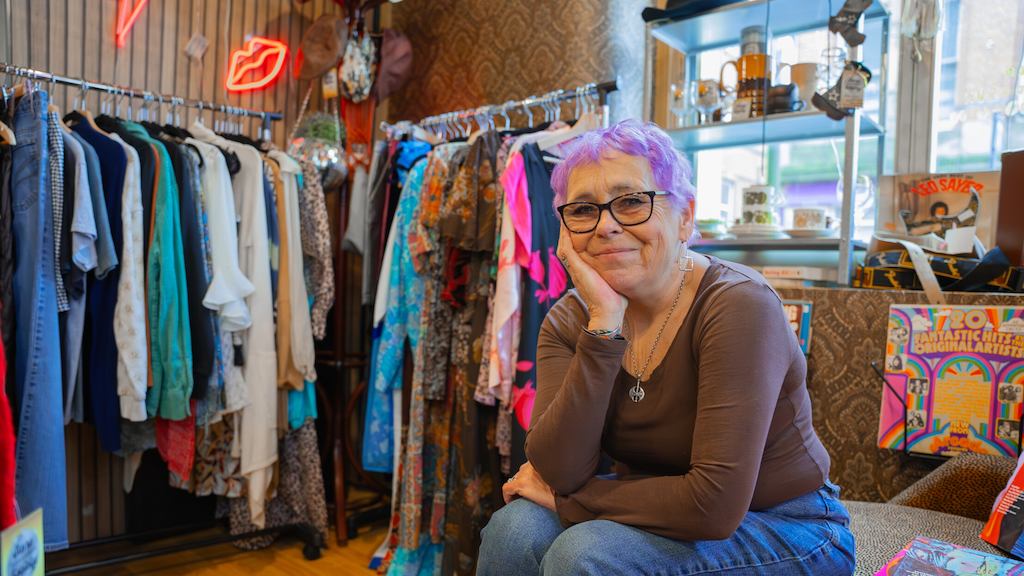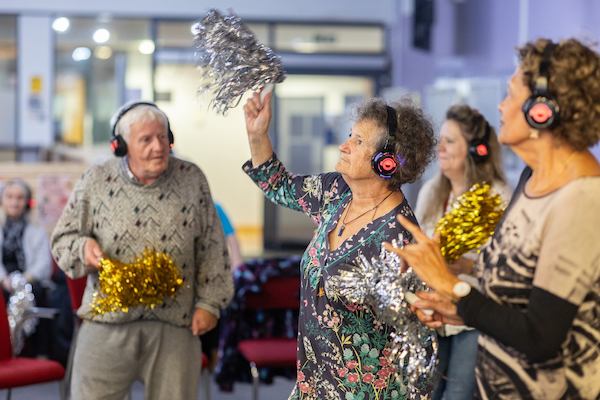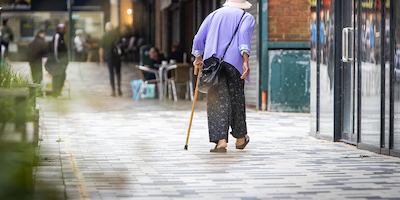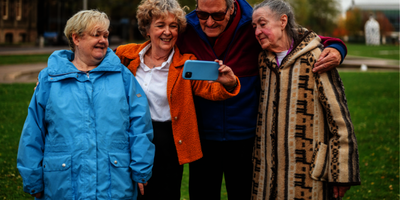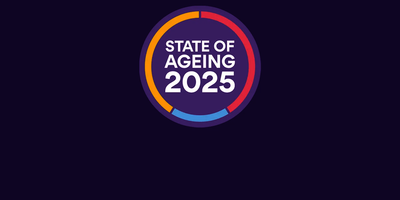More than one in three (36%) women over 50 say they have been patronised because of their age with more than one in four (27%) saying they have been ignored and around one in five (18%) saying they have been dismissed.
Women are 50% more likely to say they have been patronised or dismissed than men and are also considerably more likely to say they have been ignored because of their age, our survey reveals.
Around one in five men (18%) say they have experienced rudeness because of their age with more than one in 20 (7%) saying they have been treated aggressively, in a survey of more than 2,000 people aged 50 and above for the anti-ageism charity campaign.
The survey also reveals that men are more likely than women to challenge someone if they think they are being treated or spoken to negatively because of their age.
The survey findings are the latest from the Age Without Limits campaign, England’s first-ever anti-ageism campaign, which was launched in January by Ageing Better and held its first national Action Day in March.
The Age Without Limits campaign is looking to change the way we all think about ageing through tackling prejudices, encouraging more positive attitudes and behaviours around ageing and older people and empowering people to age with confidence.
Dr Carole Easton OBE, Chief Executive at the Centre for Ageing Better, said:
“Our campaign survey reveals the very real and harmful impacts of ageism in people’s lives. Experiencing ageism leaves people feeling patronised, dismissed and ignored which can lead to people changing their behaviours, questioning their worth and limiting their own experiences and opportunities.
“There do seem to be differences in the ageist responses men and women experience, the settings where they are most likely to experience ageism and their responses to their ageist treatment. The intersection between ageism and sexism is certainly a factor here.
“Everyone has the right to age without limits but age-based prejudice is stopping that from being a reality for many.”
The Age Without Limits survey reveals that men aged 50 and over are twice as likely (24%) to always challenge someone if they are spoken to or treated negatively because of their age, compared to just 12% of women.
In contrast, over 58% of women who have experienced negative treatment say they rarely or never challenge someone if spoken to or treated negatively because of their age - compared to less than half of men (47%).
Reasons given for not challenging ageist behaviour include embarrassment, a lack of confidence, not wishing to make a scene and not feeling it would make a difference.
The survey also indicates that women are more likely to report ageist treatment in healthcare and retail whereas men recognise ageist treatment most commonly in the workplace.
Women are more likely than men to feel that their age impacts the treatment they receive from healthcare professionals (23% vs 16%) and the service they receive in shops (19% vs 11%).
Among situations in which men say their age has had a negative impact, missing out on opportunities in the workplace is the most common response (18%).
Harriet Bailiss, Co-head of Age Without Limits campaign at the Centre for Ageing Better, said:
“Our survey finds that the vast majority of people do not always challenge the ageism they experience, for a variety of reasons. It is perfectly understandable that people might feel a bit uncomfortable doing this at first, but it is vitally important that we do if we are to rid society of negative attitudes towards ageing and older people.
“People usually don’t realise that the things they say can be ageist, or the harm that ageism can cause. So explaining the impact an ageist comment can have on you emotionally can be a good starting point that might encourage people to reconsider their words and attitudes.
“One way we can all help to raise awareness of ageism, and work towards ending it, can be as simple as having a chat. The more we talk about ageism as a society, the more we heighten awareness of it, and hopefully the less common it becomes. Opening a conversation by asking questions about why someone has made an ageist comment may lead that person to reconsider their own attitudes to age and ageing."
